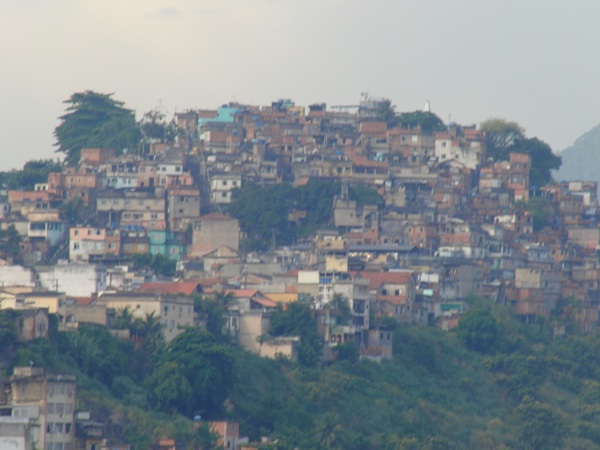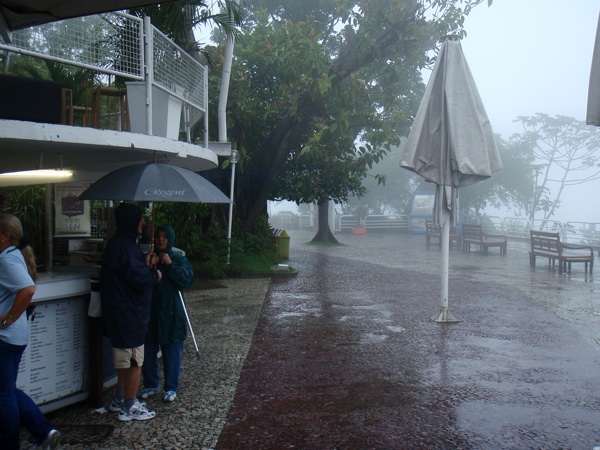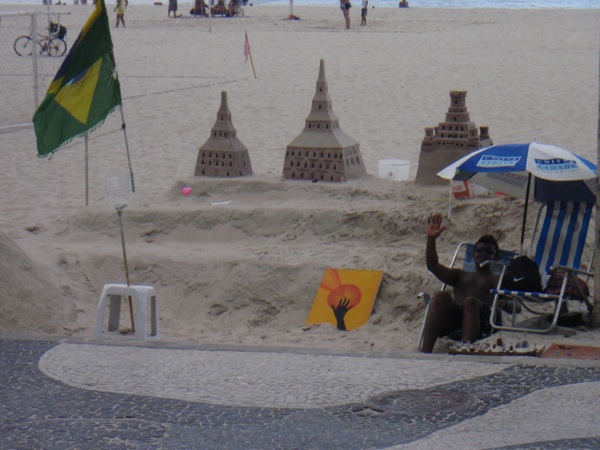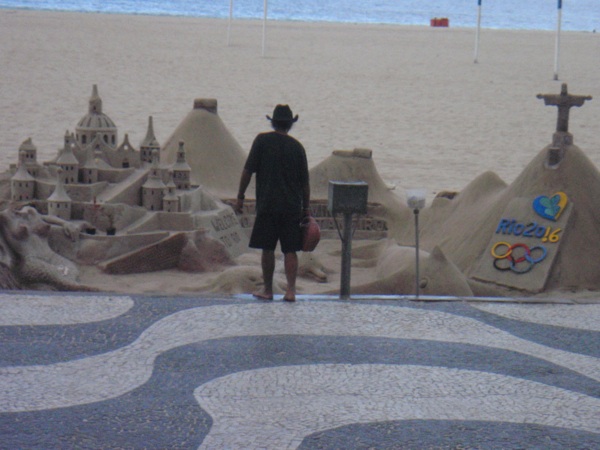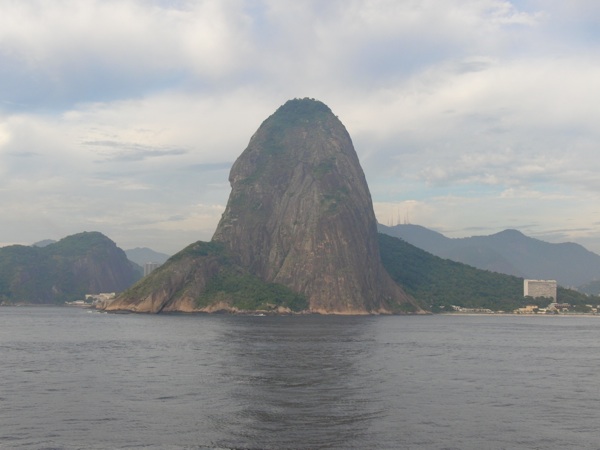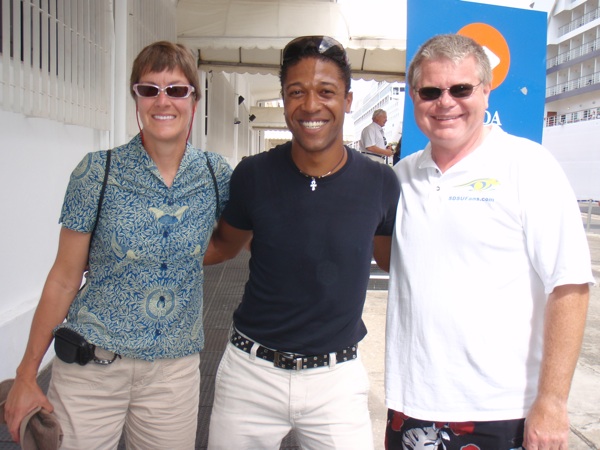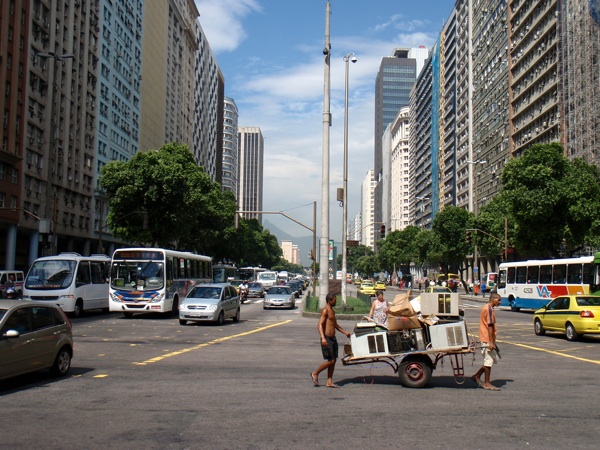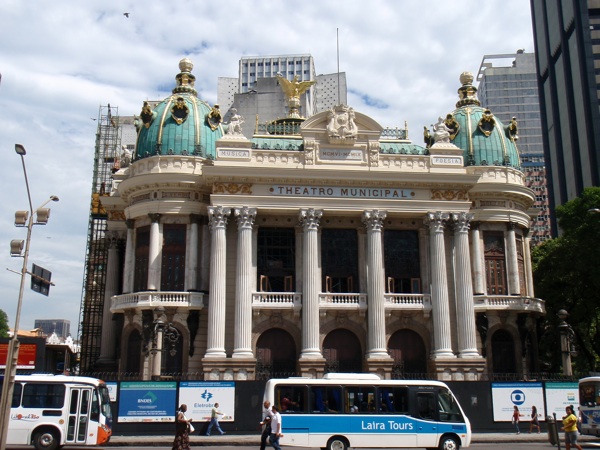Peter Schweizer, writing in the UK’s
Daily Mail,[*1] points out recent research indicating that conservatives are generally nicer people than liberal “progressives:”
The full-scale embrace of the importance of self-awareness, self-discovery and being ‘true’ to oneself, along with the idea that the State should care for the less fortunate, has created a swathe of Left-wing people who want to outsource their obligations to others.
The statistics I base this on come from the General Social Survey, America’s premier social research database, but they are just as relevant to the UK, as I believe political belief systems drive one’s attitudes, regardless of where you happen to live.
Those surveyed were asked: ‘Is it your obligation to care for a seriously injured/ill spouse or parent, or should you give care only if you really want to?’ Of those describing themselves as ‘conservative’, 71 per cent said it was. Only 46 per cent of those on the Left agreed.
. . .
Most surprising of all is reputable research showing those on the Left are more interested in money than Right-wingers.
Both the World Values Survey and the General Social Survey reveal Left-wingers are more likely to rate ‘high income’ as an important factor in choosing a job, more likely to say ‘after good health, money is the most important thing’, and agree with the statement ‘there are no right or wrong ways to make money’.
. . .
Can there be any surprise then that those on the Left tend to be more envious and jealous of successful people? That’s what studies indicate.
Professor James Lindgren, of Northwestern University in Chicago, found those who favour the redistribution of wealth are more envious than those who do not.
Scholars at Oxford and Warwick Universities found the same sort of behaviour when they conducted an experiment.
Setting up a computer game that allowed people to accumulate money, they gave participants the option to spend some of their own money in order to take away more from someone else.
The result? Those who considered themselves ‘egalitarians’ (i.e. Left of centre) were much more willing to give up some of their own money if it meant taking more money from someone else.
Much of the desire to distribute wealth and higher taxation is motivated by envy – the desire to take more from someone else – and bitterness.
The culprit here is not those on the Left who embrace progressive ideas but the ideas themselves.
I have noted that a huge portion of the self-image of those on the Left is wrapped up in being “compassionate,” for certain well-delineated definitions of the word.
Furthermore, the entire worldview of “progressives” is affected by their own biases, and their own inability to understand any motivations for behavior other than the motivations that they, themselves have.
In other words, they project, psychologically, their worldview onto their interpretations of what conservatives–who do not share that worldview–say and do. So, then, they accuse conservatives of all manner of motivations which conservatives in reality do not have, but that instead motivate “progressives.”
It goes back to some insighful research I’ve posted on before, by Professor Jonathan Haidt at Virginia. Here’s the summary again, in brief:
Haidt and his colleagues have identified five “foundations” of human morality,[*2] which seem to be valid across cultures. Those foundations are:
1) Harm/care, related to our long evolution as mammals with attachment systems and an ability to feel (and dislike) the pain of others. This foundation underlies virtues of kindness, gentleness, and nurturance.
2) Fairness/reciprocity, related to the evolutionary process of reciprocal altruism. This foundation generates ideas of justice, rights, and autonomy.
3) Ingroup/loyalty, related to our long history as tribal creatures able to form shifting coalitions. This foundation underlies virtues of patriotism and self-sacrifice for the group. It is active anytime people feel that it’s “one for all, and all for one.”
4) Authority/respect, shaped by our long primate history of hierarchical social interactions. This foundation underlies virtues of leadership and followership, including deference to legitimate authority and respect for traditions.
5) Purity/sanctity, shaped by the psychology of disgust and contamination. This foundation underlies religious notions of striving to live in an elevated, less carnal, more noble way. It underlies the widespread idea that the body is a temple which can be desecrated by immoral activities and contaminants (an idea not unique to religious traditions).
The kicker is that self-identified liberals depend heavily on only the first two foundations when making moral judgments, and give relatively little weight to the remaining three. Conservatives on the other hand give nearly equal weight to all five of the foundations.
One result of this is that there are elements of human moral thinking to which liberals are simply ill-equipped to understand. So, when attempting to make sense of conservative moral acts, arguments, and judgments, liberals must attempt to map those thoughts and actions of conservatives onto their own, relatively incomplete understanding of morality.
Given this incomplete understanding of the full scope of human moral decision-making by liberals relative to conservatives, it is I suppose only natural that liberals then project–incorrectly–their own motives onto their more conservative fellows.
On the other hand, conservatives being familiar with all five dimensions, are able to understand the morality of liberals, but believe that the liberal’s morality represents an incomplete view of the entire range of human morality.
So conservatives “get” liberals in a way that liberals are unable to reciprocate.
My prescription is that liberals drop the “we’re more progressive and wise” line that they persist on trying to use on conservatives, and drink deeply from that very cup of humility they keep trying to serve to their conservative brothers and sisters. Because whenever a liberal tells a conservative of their superior compassion, sensitivity, intelligence, and morality, the basic reaction of the conservative is to suppress a knowing smile. We know you’re full of it, and we know that you have no idea that you don’t know what you’re talking about.
But it’s OK. The first step in overcoming a problem is to admit that you have a problem. We on the right stand ready to work with you to overcome your moral disabilities. Because we’re nicer than you are.












